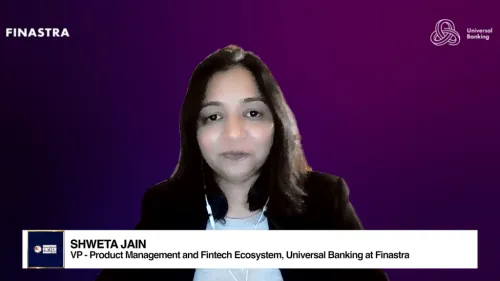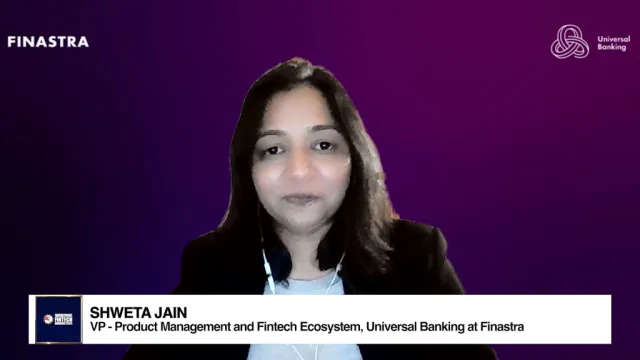Bad debt ratio of Korean banks up in Feb
The bad debt ratio for loans extended by Korean banks rose in February.
According to the Financial Supervisory Service, the loan delinquency this was brought about by the economic slowdown and the slumping property markets.
Local banks' non-performing loans accounted for 1.13 percent out of their total lending as of end-February, up 0.06 percentage points from a month earlier.
The delinquency ratio for corporate loans stood at 1.38 percent last month, up 0.05 percentage points from the previous month, and the comparable figure for household loans was 0.85 percent last month, also up 0.07 percentage points, the watchdog said.
The data came as the government is battling growing household debt in Asia's fourth-largest economy.
As of September 2011, South Korea's total outstanding household debts, which include loans and credit purchases, stood at a record 892.5 trillion won or US$786 billion.
For more click here.



















 Advertise
Advertise









